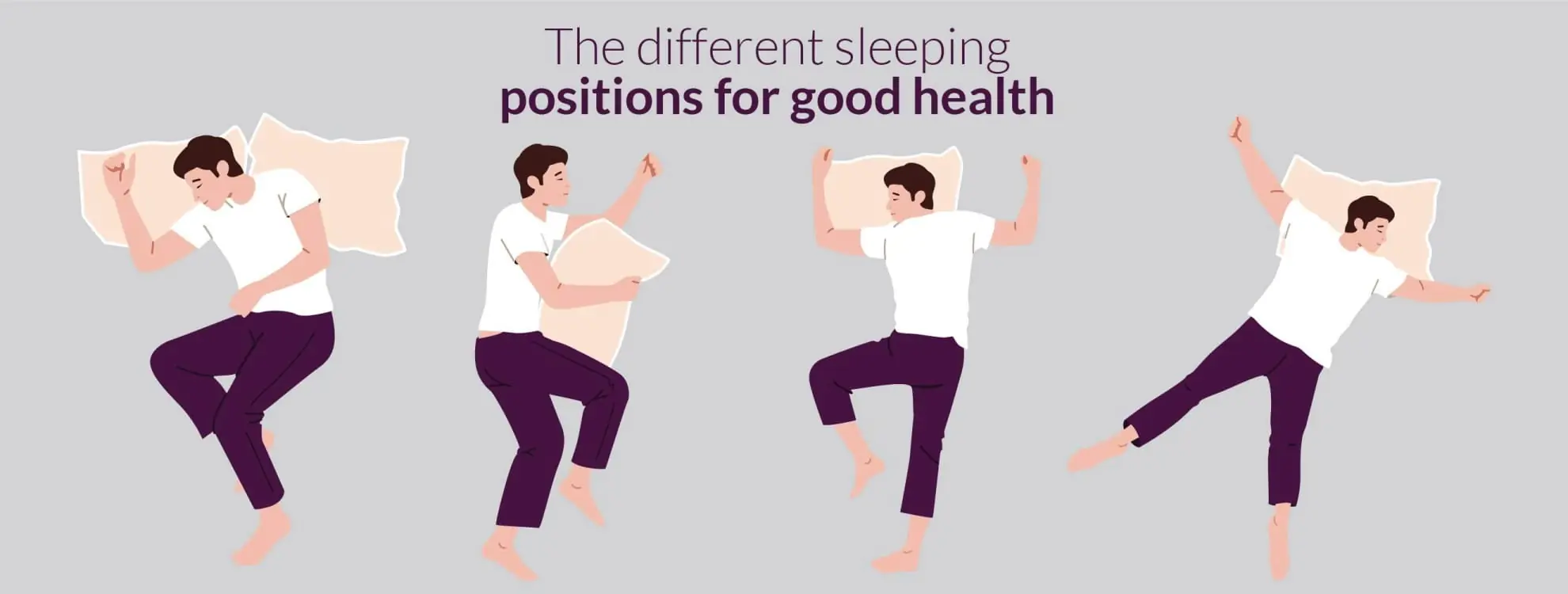
10 Warning Signs Sugar Is Slowly Wrecking Your Body
Sugar may taste sweet, but its effects on the human body can be anything but. While small amounts of natural sugar from fruits and vegetables are generally harmless, added sugars in processed foods, sodas, and snacks are a silent health threat. Consuming too much sugar on a regular basis can have serious consequences, often without you realizing it. Here are ten warning signs that sugar might be slowly wrecking your body.
1. Constant Fatigue and Low Energy
One of the first signs of excessive sugar intake is constant tiredness. While sugar provides a quick energy boost, it’s often followed by a crash. Over time, this cycle of spikes and drops in blood sugar levels can leave you feeling drained all day.
2. Weight Gain, Especially Around the Belly
Sugar is packed with empty calories and no essential nutrients. It increases your appetite and decreases satiety, making you eat more. High sugar intake, especially in the form of fructose, is strongly linked to belly fat accumulation, which is a major risk factor for heart disease and diabetes.
3. Frequent Cravings
Sugar is addictive. It affects the brain's reward system by releasing dopamine, the “feel-good” hormone. This can lead to cravings that are hard to resist, pushing you into a cycle of overeating and addiction similar to that caused by drugs.
4. Skin Breakouts and Acne
Sugar can increase inflammation in the body and cause your insulin levels to spike. This hormonal imbalance may contribute to acne and other skin issues. If you’ve been dealing with unexplained breakouts, sugar could be a hidden culprit.
5. Mood Swings and Anxiety
Excessive sugar can lead to mood instability, irritability, and anxiety. When blood sugar levels fluctuate rapidly, so can your mood. In some cases, sugar has even been linked to symptoms of depression.
6. Trouble Sleeping
Too much sugar can interfere with the quality of your sleep. It stimulates the nervous system, making it difficult for your body to relax. If you have trouble falling or staying asleep, it could be due to sugar’s impact on your metabolism and brain activity.
7. Weakened Immune System
Consuming high amounts of sugar can suppress your immune system for several hours after eating. This makes it easier for viruses and bacteria to attack your body, leading to frequent illnesses like colds and infections.
8. Brain Fog and Memory Problems
High sugar intake has been associated with impaired cognitive function. Over time, it can damage brain cells and impair memory, focus, and learning. Some studies even suggest a link between sugar and Alzheimer’s disease.
9. High Blood Pressure and Cholesterol
Excess sugar contributes to high blood pressure, increased levels of LDL (bad) cholesterol, and lower HDL (good) cholesterol. These are all risk factors for cardiovascular disease, one of the leading causes of death worldwide.
10. Digestive Issues
Sugar can disrupt the balance of good and bad bacteria in your gut, leading to bloating, gas, and other digestive problems. An unhealthy gut can also affect your immune system and mental health.
Conclusion
Sugar may be hard to avoid, especially in today’s fast-paced world filled with processed foods. However, recognizing these warning signs can help you take action before serious health problems develop. Reducing your sugar intake and focusing on a balanced, whole-food diet is one of the best steps you can take toward long-term health. Remember, your body sends signals—listen carefully, and you can prevent sugar from silently destroying your well-being.
News in the same category


Top 10 Foods That Cleanse Your Lung and Boost Immunity

The 4 Must-Have and Inexpensive Fruits for Older Adults Who Want to Live Long!

The best fruits to unclog and clean your blood vessels

Best Sleeping Positions to Prevent Neck Pain, Reflux, and Keep Your Heart Healthy

Simple Techniques to Boost Your Lymph System and Remove Toxins

5 Common Habits That Quietly Damage Your Knees

Benefits of Walking: Why Walking is One of the Best Forms of Exercise

Doctor gives 'deeply concerning' warning after man injected himself with sperm to 'cure back pain'

Mom, 33, issues warning after noticing ‘mosquito bite’ that turned out to be much more sinister

Study Suggests Key Link That Could Help Explain Autism Development

This One Superfood Could Tackle Major Health Issues—Here’s What You Need To Know

Woman’s Inoperable Brain Tumor Shrinks In Just Five Days Thanks To Cancer Breakthrough

The Strengthening Power Of This One Mineral That Many Are Not Aware

Scientists Warn Foot-Long “Demonic Flesh-Eating” Worms Are Invading The U.S.—Here’s What To Do

Officials Warn Tourists As Giant Toxic Jellyfish Washes Ashore At Popular Beach

When Nighttime Leg Cramps Become a Concern

One Month Before A Heart Attack, Your Body Will Warn You Of These 7 Signs

Researchers Sound Alarm Over Surge In Anal Cancer And High-Risk Populations
News Post

Tonsil Stones: Causes, Symptoms, and Natural Remedies

Billionaire Invited Ex-Wife to His Wedding to Show Off, Shocked When She Arrives with Secret Twins

Top 10 Foods That Cleanse Your Lung and Boost Immunity

The 4 Must-Have and Inexpensive Fruits for Older Adults Who Want to Live Long!

The best fruits to unclog and clean your blood vessels

Best Sleeping Positions to Prevent Neck Pain, Reflux, and Keep Your Heart Healthy

Simple Techniques to Boost Your Lymph System and Remove Toxins

5 Common Habits That Quietly Damage Your Knees

Benefits of Walking: Why Walking is One of the Best Forms of Exercise

The Simpsons fans devastated as show 'kills off' one of the main characters for first time ever

Doctor gives 'deeply concerning' warning after man injected himself with sperm to 'cure back pain'

Mom, 33, issues warning after noticing ‘mosquito bite’ that turned out to be much more sinister

Study reveals average penis size across US states and exposes who is exaggerating

NASA releases closest-ever images to the sun and everyone is asking the same thing

Break-up coach reveals three clear signs that mean a relationship is over

“Meet K2-18b: The Distant Ocean World That Could Host Alien Life”

Secret CIA Documents Declare That The Ark Of The Covenant Is Real, And Its Location Is Known

Neuroscience Says: Listening to This Song Reduces Anxiety by Up to 65%. Hear It Yourself
